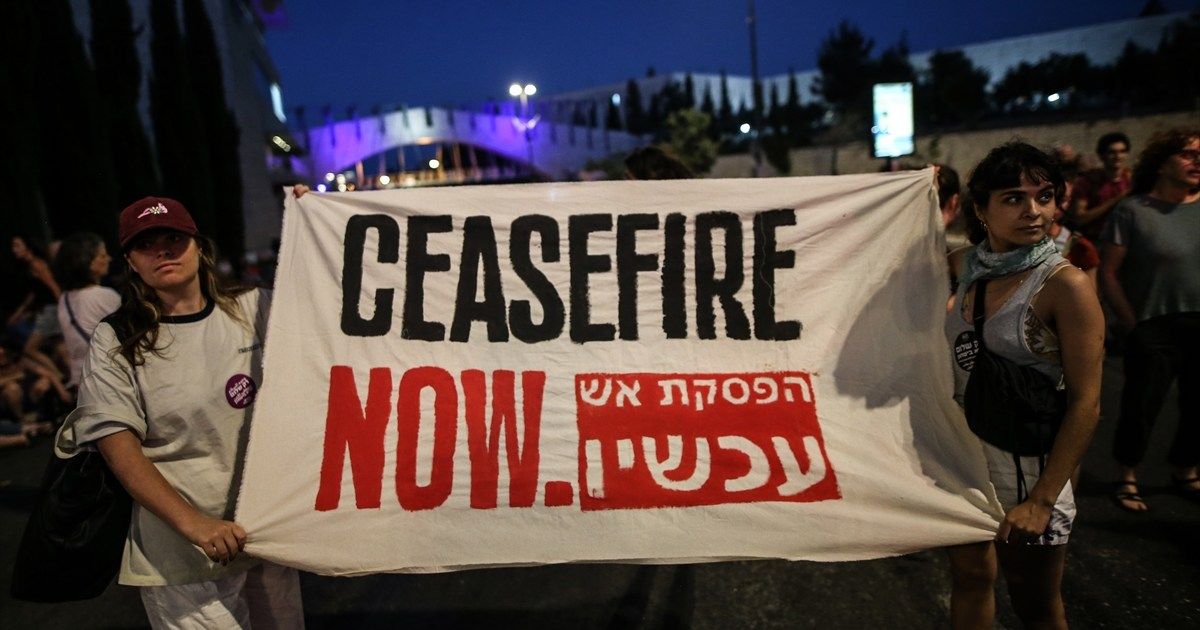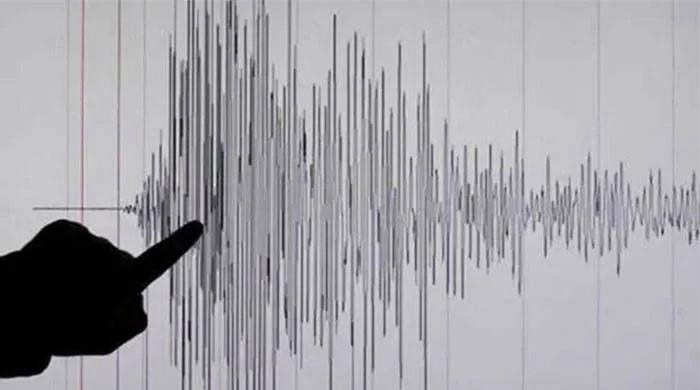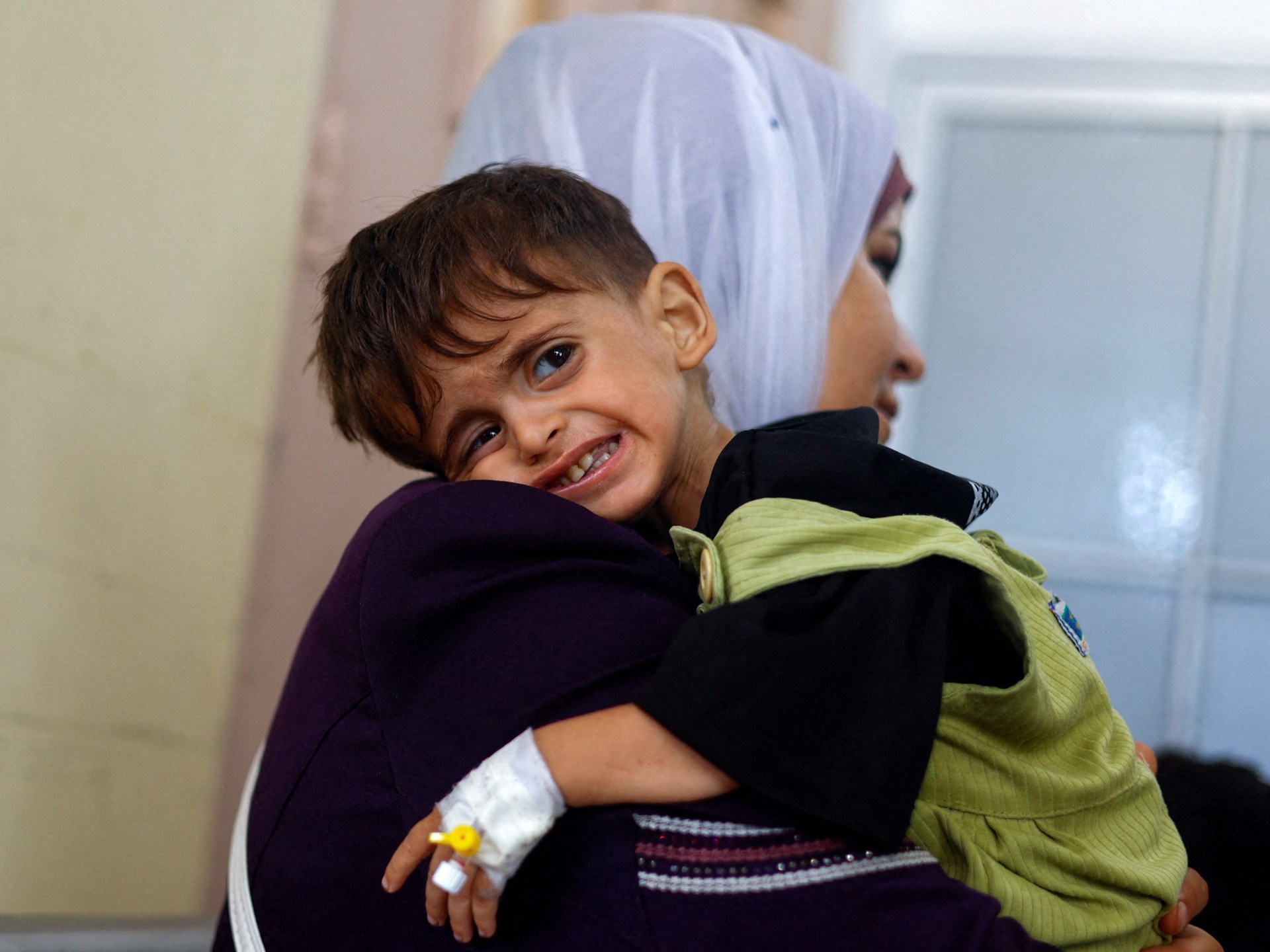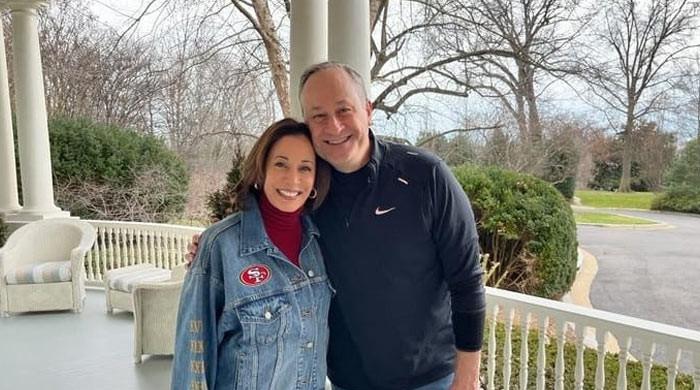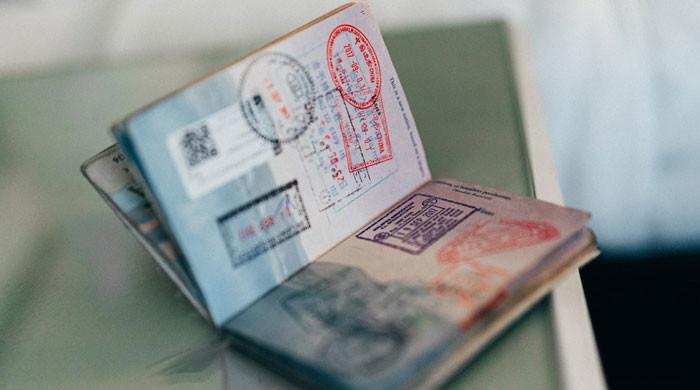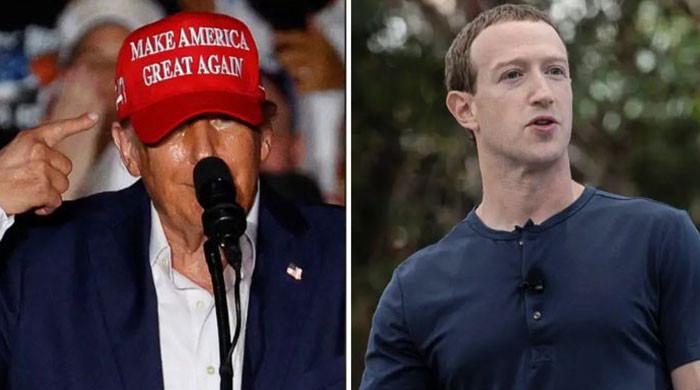Thousands more will take part in nationwide demonstrations over the Gaza war and the failure to negotiate the release of captives.
Al Jazeera reports from outside Israel because it has been banned by the Israeli government.
At least nine people have been arrested during anti-government protests in Jerusalem, and more demonstrations are expected in the coming days amid Israel's war on Gaza and fighting with Hezbollah.
Police clashed with protesters near Israeli Prime Minister Benjamin Netanyahu's residence on Monday night, and Israeli media reported that one of those detained was a relative of an Israeli captive held in Gaza.
Protesters have been calling for new elections, a ceasefire in Gaza, as well as a deal for the release of captives held in the Palestinian enclave.
“Because of you we are dying, get out of our lives,” read a sign carried by protesters, with a photo of Netanyahu and bloody handprints.
Police used water cannon on protesters and three people were reportedly sent to hospital for treatment, including a doctor who was wearing a vest and was injured in the eye.
Israelis have been gathering in Tel Aviv every Saturday night since the start of the current conflict in October, but this week tens of thousands descended on Jerusalem. Protesters outside the Knesset, the Israeli parliament, were joined by opposition leader Yair Lapid.
Organizers of the anti-government protests called for a “week of disruption.”
They also called on local authorities and business leaders to join the protests, with the aim of holding elections before the first anniversary of the Hamas-led attack on southern Israel on October 7.
Earlier on Monday, families of Israeli captives participated in one of the committees within parliament, saying they are fed up with the absence of leadership and decision-making.
Pressure is mounting on Netanyahu, who dissolved the war cabinet on Monday after rival Benny Gantz abandoned him along with former army chief Gadi Eisenkot over the lack of a future plan for Gaza.
Al Jazeera's Hamdah Salhut reported from Amman, Jordan, that protesters are also demonstrating against the protracted conflict with Hezbollah in the north, which has displaced hundreds of thousands of Israelis for months.
“Both sides have increased the pace of their attacks in recent weeks. The Israelis say they are not afraid of entering into a full-blown conflict with Hezbollah. However, the return date of evacuees living in northern Israel has been delayed until the end of August,” he said.
“Now there are demonstrations by these people against the government and the protesters say there is no plan to deal with the relentless border fire,” Salhut said.

Amir Oren, a columnist for the Israeli newspaper Haaretz, said anger against the government is rising among Israelis displaced in the north due to eight months of cross-border fighting with Hezbollah in southern Lebanon.
“Public sentiment is now against the Netanyahu government, about three-quarters of the public are fed up with Netanyahu. They want him out. But there is no way to convert it into parliamentary power because he still has his 64-seat coalition intact,” Oren told Al Jazeera.
“Until that time comes there will be fissures in this coalition, the screams of the hostage families and [northern Israel] dislocated will have no effect.”

